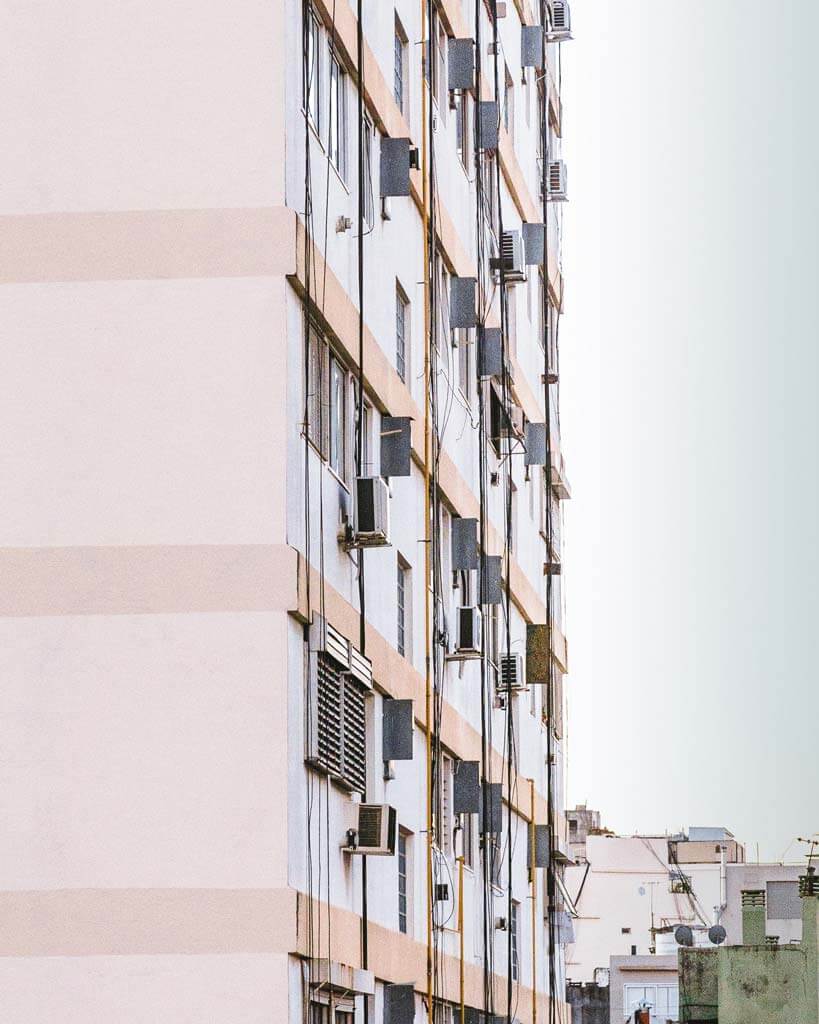Letter from Buenos Aires
by Juan Pinetta
March 9, 2020
Buenos Aires, Argentina
It is very interesting how this conversation is holding us all together, for in this state of affairs, our sense of safety is taxed to the limit. Even children who are the age of my daughter are dying. The situation is worrying. So I wonder: What remains of the thinking apparatus in times of catastrophe when we must make catastrophic changes?
Economics remains a very strong concern among analysts and candidates. There are complications making the change to treat patients over Skype. On one hand, we explain to patients how this will allow us to maintain analysis without worrying whether one will infect the other, but there are other concerns that emerge related to tolerating the change—even institutionally. One of my main concerns in these times are certain institutional resistances that restrain the creative impulse of some colleagues and may impact the survival of these institutions. We need to find a way to deal with these intergenerational fears.
We are also addressing how the heads of mental health services are denying the reality we are living in by forcing the psychologist and psychiatrist workers to attend sessions in person. While there is an ease that technology offers, we are all observing how online therapy is much more exhausting than face-to-face therapy. The question of excess stimuli is the order of the day. There is not enough time to process all of these stimuli.
Anyway, these are some of my thoughts…
Juan Pinetta
Marzo 9, 2020
Buenos Aires, Argentina
Muy interesante este intercambio que nos sostiene a todos. En particular por este estado de cosas donde la seguridad de la vida está jaqueda al límite. No se salvan ni niños de edad de mi hija, que también fallecen. Así que el estado de cosas es preocupante. Insisto en qué nos queda del aparato de pensar, sobre todo en momentos de catástrofe donde debemos hacer cambios catastróficos. Una de las preocupaciones, aparte de ir pasando a los pacientes a Skype explicándoles que así podemos mantener el aparato de pensar analíticamente sin el “ruido” a que uno de los dos esté contagiado, es el económico. En muchos grupos mixtos de candidatos y analistas la económica es una preocupación muy fuerte. También hay otras, como la tolerancia a los cambios. En estos tiempos pareciera verse ciertas resistencias institucionales que frenan el impulso creativo de algunos colegas que son aportes a las instituciones, ya que eso puede ser visto como una pérdida de terreno frente a aquellos que manejan tecnologías fuera del setting histórico, presencial. Esto para mí es una gran preocupación. En realidad, no le es para mí, sino para la supervivencia de las instituciones. Hay que ver cómo se lidia con estos temores intergeneracionales.
Por otro lado, con varios colegas, hemos visto cómo jefes de servicios de salud mental obligan a concurrir a los trabajadores psicólogos y psiquiatras negando la realidad (esto me llega de colegas psi que conozco, muy cercanos). Además, como contrapartida a la supuesta facilitación de las tecnologías, observamos cómo la terapia online resulta mucho más agotadora que la presencial. Así que la cuestión de los excesos de estímulos están a la orden del día, y no hubo tiempo de procesarlos todos aún, burnout mediante.
En fin… algunas líneas,
Juan Pinetta
-
Juan Pinetta is a member of Asociación Psicoanalítica, Argentina.
-
Email: licjuanpinetta@gmail.com
ROOM is entirely dependent upon reader support. Please consider helping ROOM today with a tax-deductible donation. Any amount is deeply appreciated. |






